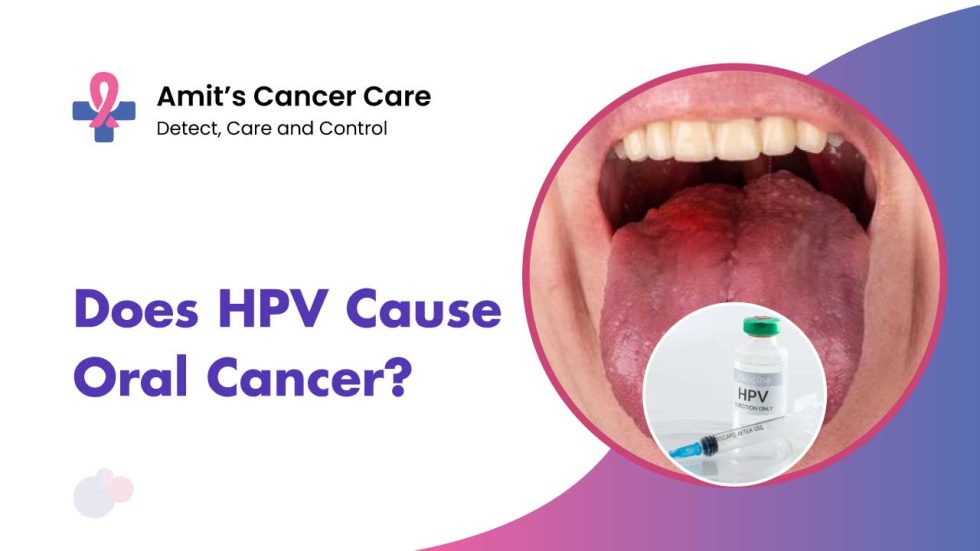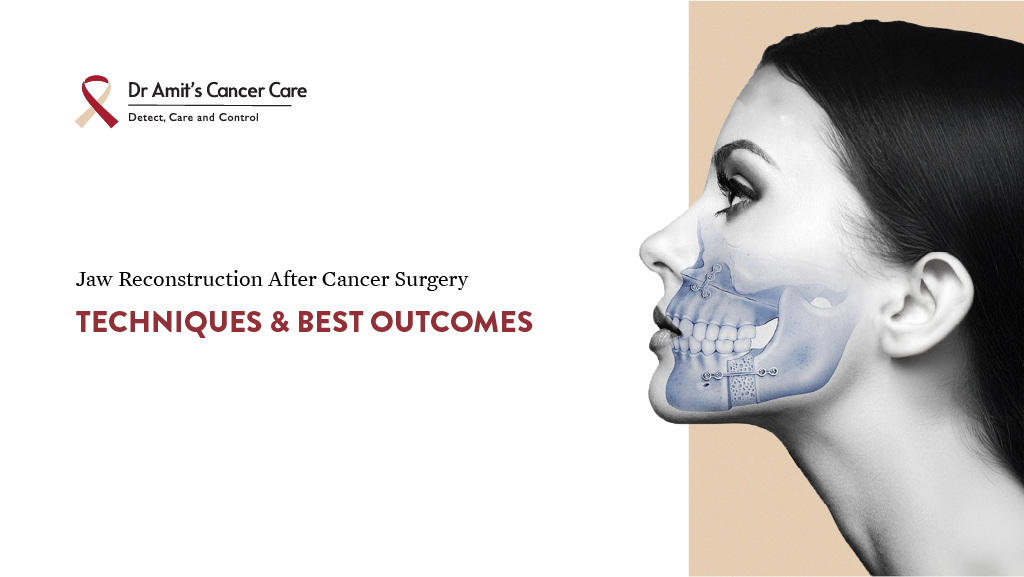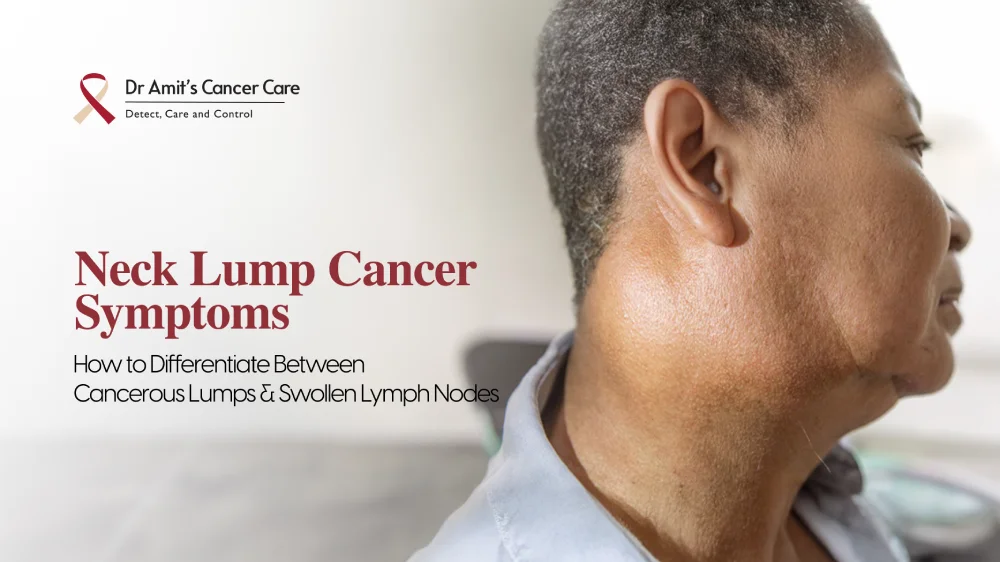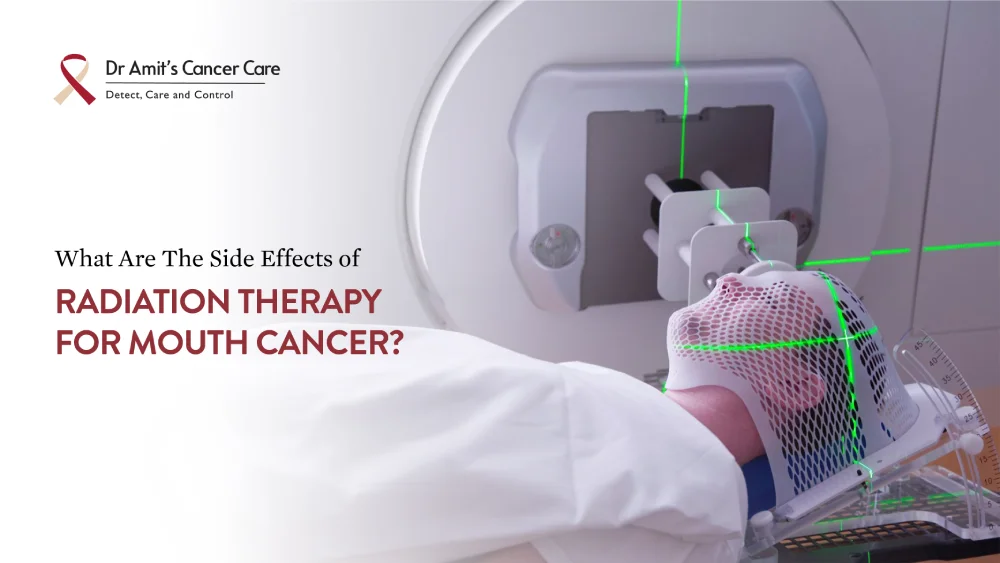In my 15 years of practice as a surgical oncologist, I’ve encountered numerous questions about the connection between Human Papillomavirus (HPV) and oral cancer. This link, although not widely recognized, is vitally significant, especially in countries like India, where oral cancer rates are among the highest globally.
Let’s delve deeper into understanding this link, highlighting the importance of prevention, early detection, and increasing public awareness.
Rising Incidence of HPV-Associated Oral Cancer
HPV refers to a group of over 100 related viruses, each identified by a different number or type. These viruses are incredibly common and vary in their effects on the human body. Some types of HPV cause non-threatening infections, such as warts, and often disappear without intervention.
Over the past few decades, there has been an alarming rise in oral cancer cases linked to HPV, both globally and particularly in India. While HPV has traditionally been associated with cervical cancer, recent data indicates that HPV is becoming a significant factor in oral cancer, especially among young, non-smoking individuals.
Among all HPV variants, HPV-16 has been strongly associated with oral cancer. This trend is unsettling and underscores the urgent need for comprehensive public health strategies targeting HPV-associated oral cancers.
Read also: Never ignore these early symptoms of oral cancer
Mechanism of HPV-Related Oral Cancer
HPV-related oral cancer develops when the virus infects cells in the oral cavity and alters their growth and division processes. These changes can eventually lead to uncontrolled cell growth, forming a cancerous tumor.
The virus integrates its DNA into the host cell, disrupting normal cellular processes and leading to genetic instability. Understanding these intricate molecular and cellular mechanisms is crucial for developing targeted treatments and preventive strategies.
HPV and Oral Cancer Risk Factors
Several factors increase an individual’s susceptibility to HPV-related oral cancer. These include certain sexual behaviors, such as having multiple partners or engaging in oral sex, and lifestyle choices, such as smoking or excessive alcohol consumption. Moreover, individuals with weakened immune systems are more likely to have persistent HPV infections, increasing their risk of developing oral cancer. It’s essential to recognize these risk factors to devise effective preventive measures.
How Can You Reduce HPV Related Cancer Risk?
HPV vaccines have proven highly effective in preventing infections from high-risk HPV types, including those associated with oral cancer. Despite some misconceptions and fears, these vaccines are safe, well-tolerated, and crucial in the fight against both cervical and oral cancers.
Apart from vaccination, education and awareness play a pivotal role in combating HPV-associated oral cancer. Regular oral screenings, early detection, and prompt treatment significantly improve outcomes, reducing mortality rates.
As a surgical oncologist, I strongly advocate for HPV vaccination for both boys and girls during adolescence, before potential exposure to the virus.
It’s our responsibility to raise awareness about the link between HPV and oral cancer, emphasizing the importance of regular check-ups, HPV vaccination, and healthy lifestyle choices.
The Social Impact of HPV-Related Oral Cancer
The social impact of HPV-related diseases often stems from the stigma associated with their mode of transmission. However, it’s important to remember that HPV is a common virus, and anyone can contract it. Advocacy efforts should focus on destigmatizing conversations about HPV and oral cancer, promoting open, honest dialogues about prevention and treatment. This approach will help foster a more supportive environment for those affected by HPV-related diseases.
In conclusion, Understanding the link between HPV and oral cancer is critical in our collective fight against this disease. As we’ve discussed, HPV is a significant risk factor for oral cancer, particularly among the young, non-smoking population. However, the good news is that we have effective tools for prevention: HPV vaccination and regular screenings.
If you have concerns about oral cancer or you suspect oral cancer, you can reach me for guidance and support.






